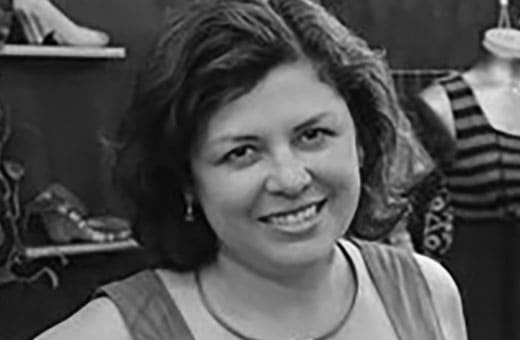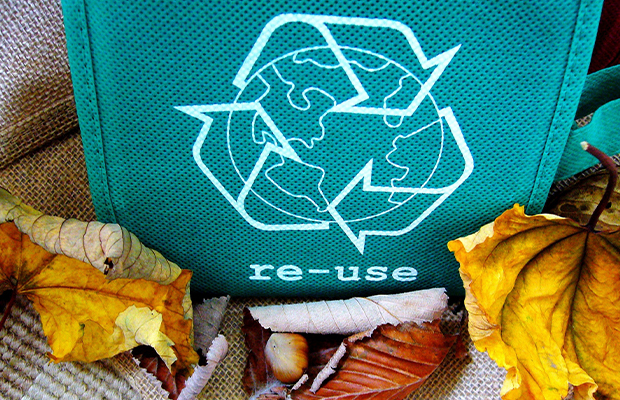Lis Suarez Visbal
FEM International
Montreal, QC

Sector Impact
Civic Engagement
Economic Development
Environment & Sustainability
Human Rights & Equality
Building inclusive, circular industries.
Through FEM International, Lis Suarez Visbal empowered women to reap the benefits of the $1.2-trillion fashion industry while generating positive economic, social and environmental impacts. Now she’s set on scaling the circular, feminist economy.
Radically shifting industries to better serve women and the planet
Of the 50 million people employed in the global fashion and textile industry, 75 per cent are women and the majority of these women are working in unsafe conditions. In rich countries like Canada, skilled immigrant women often lack the support they need to start their own businesses, as is the case for women in developing nations too.
Lis Suarez Visbal is radically shifting the fashion industry to be more ethical, sustainable and inclusive. Growing up in Colombia, she was influenced by her father’s pro-bono work as a lawyer and her mother’s entrepreneurship fiber. After studying finance and international development, she worked in investment banking and volunteered at an immigrant women’s organization — soon discovering she had a passion for working with women while teaching them basic business skills.
Lis honed her skills overseas in Thailand and India, designing and teaching courses on entrepreneurship to abused young women. Then she moved to Montréal, where in 2005, she launched FEM International, an organization founded on Lis’s belief that women are creative, resilient and capable of lifting their families and communities out of poverty — when provided with the right tools.
For more than 13 years, FEM empowered both women in developing countries and immigrant women in Canada, to use their cultural knowledge and design skills to develop ethical fashion ventures. Using traditional skills (i.e. sewing, embroidery and dying fabrics), Lis taught them to incorporate an eco-friendly mindset and recycled materials, and helps them to develop sustainable partnerships with local recycling co-operatives, export agencies and microcredit organizations. Women also received training in business planning, marketing, social responsibility, sustainability and leadership.
In 2010, Lis launched Ethik, the first incubator of ethical fashion in Canada and the first organization in the Canadian fashion industry to work with the Circular Economy Framework — giving new life to old clothes and creating synergies and collaborations with a wide variety of stakeholders. Lis raised awareness about ethical fashion through partnerships with government agencies, high-profile fashion shows and schools. She worked with secondary schools to educate future consumers about their choices and with post-secondary institutions to educate aspiring designers about sustainable sourcing options.
Since late 2018, Lis is pursuing research through her PhD in the Netherlands to seek ways to expand her impact on gender and economic development through the circular economy.
In its 13 years, FEM International and Ethik empowered over 1,600 women in five countries to become active agents of change in their communities, educated thousands of students at 50 schools and engaged more than 10,000 Canadians through sustainable events. Through Lis’s interventions in production and education, she is changing women’s lives and transforming the fashion industry into an ethical, feminist powerhouse.
